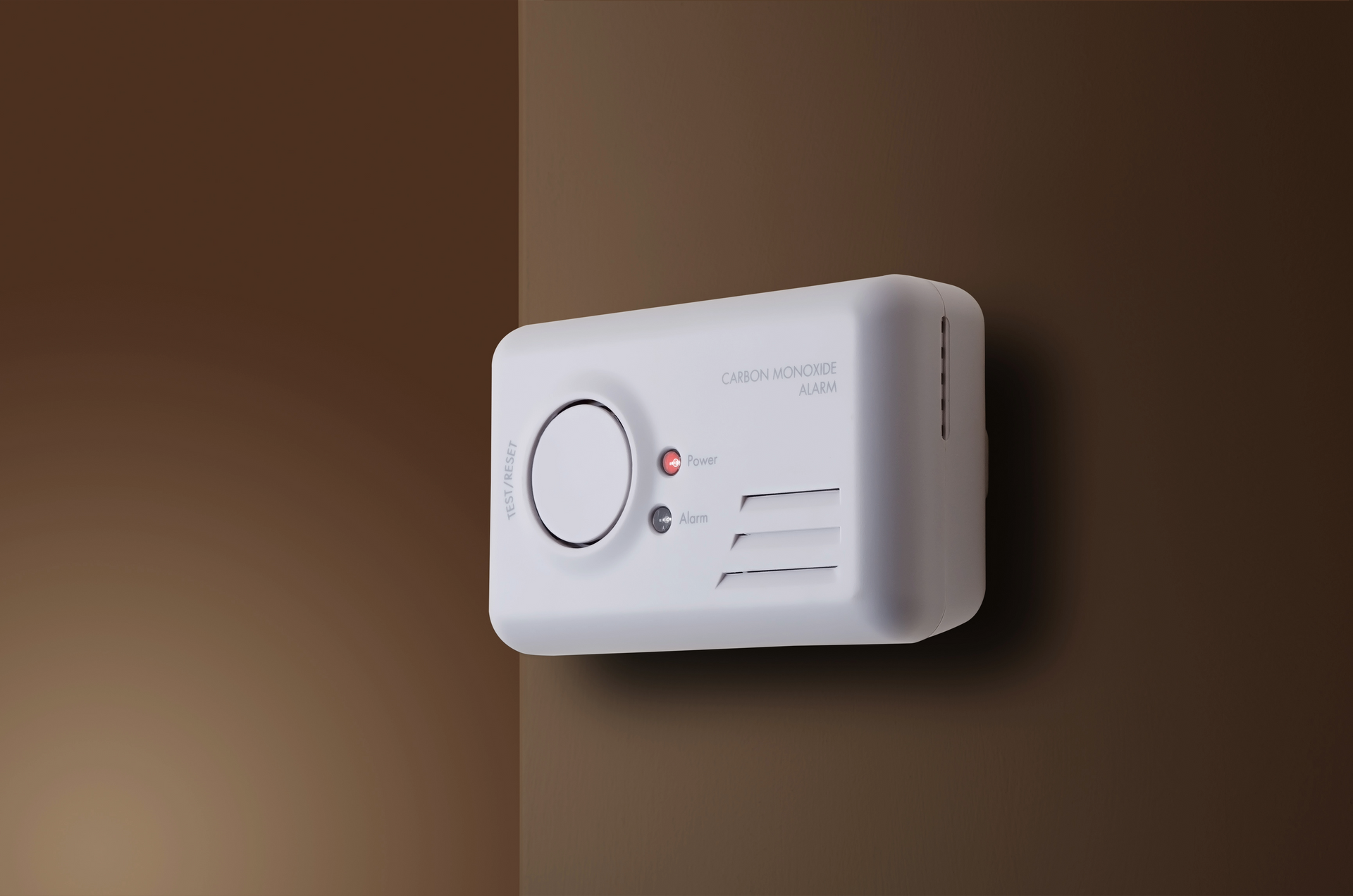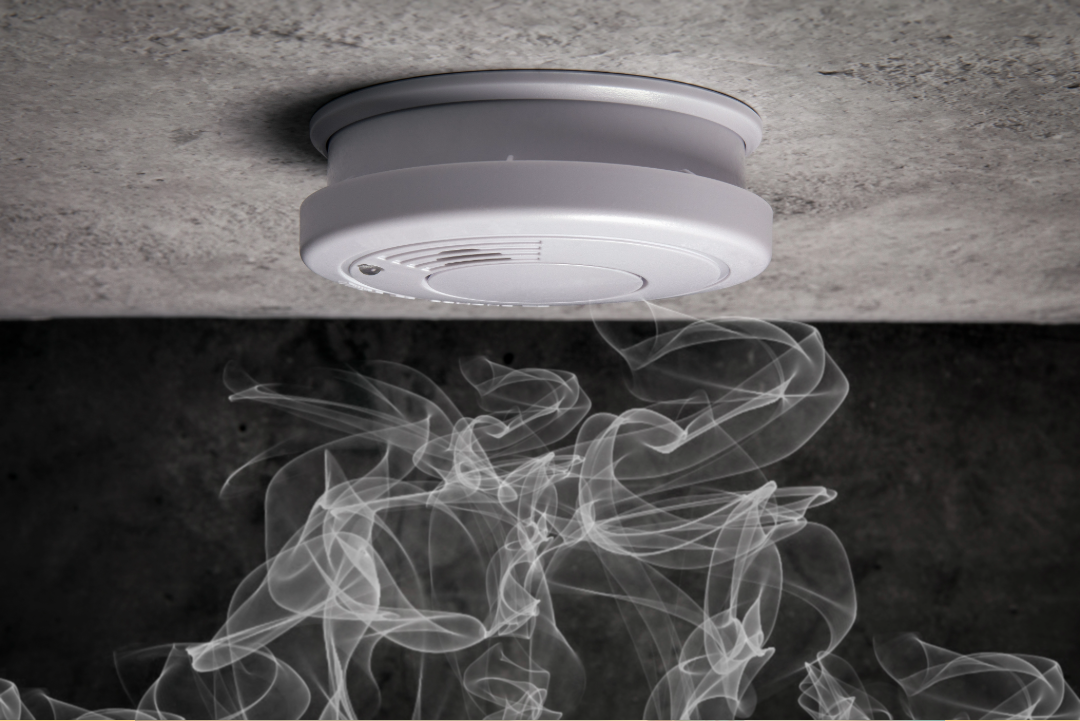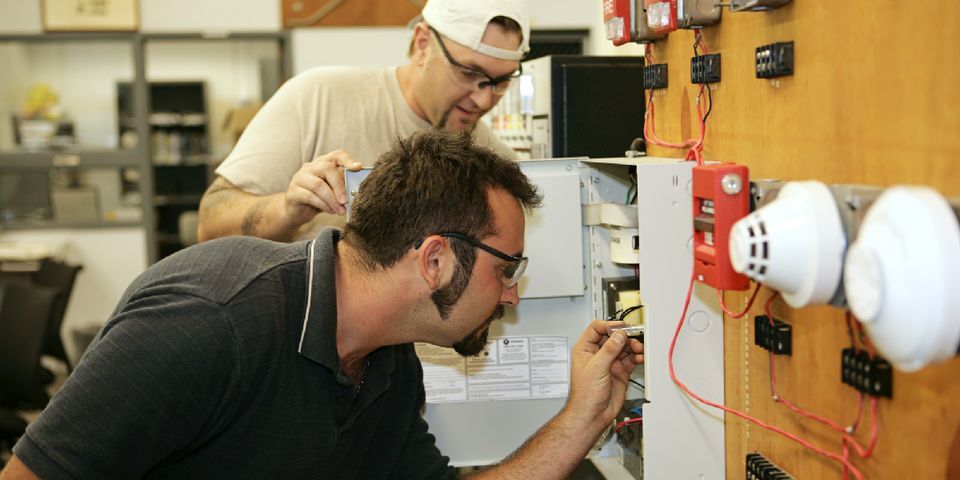Wired vs Wireless Home Security Systems – Is One Better?
Wired vs Wireless Home Security Systems
You are ready to install a new home security system . Or maybe you are thinking of upgrading. You start researching and realize that there are a lot of different systems and that they come wired or wireless. How do you decide which one would be best for your needs? Let us look at a few of the pros and cons of wired vs wireless home security systems.
What’s the Difference between Wired and Wireless Home Security Systems
Wired vs wireless relates to:
1. The way the system communicates with its varying parts
2. The way the system connects to the outside world
In terms of communication, the difference between the two relates to how the sensors (security devices) communicate with the control panel. In a wireless system, this is through radio signals. For wired security systems , this is via wires hidden in the floor, walls, or ceiling.
In terms of connecting to the rest of the world, this relates to how the system communicates with a monitoring station, if you use one, or with you either through a telephone landline, internet or a cellular network.
Wireless Home Security Systems – Pros and Cons
Pros:
- Easier to install and could be done in a few hours.
- Can be easily taken with you should you move house, especially if you are renting.
- No interference with other wireless technology because your security system uses its own frequency.
- Highly flexible and adaptable to places where wired systems cannot be installed.
Cons:
- Some equipment may be more expensive than their wired counterparts
- Will require battery replacements (but the batteries last years)
- Can trigger false alarms if not installed properly (DIY)
Pros and Cons of Wired Home Security Systems
Pros:
- Expansive coverage capabilities ideal for very large homes
- Lower maintenance costs
- Considered slightly more reliable than wireless systems
- Powered directly from source and is not subjected to unreliable wireless networks
Cons:
- Requires a landline connection
- Wires must be safely installed to prevent inadvertent damage
- May need to drill holes to install system
Wired vs Wireless Home Security Systems – Which Do You Choose?
In some homes, it cannot be one or the other. You might need a hybrid system and combine the two for maximum security coverage.
Therefore, the system you choose will depend on what your current and future needs are, and your circumstances.
Still not sure which system is right for you? Contact ATP and we will do an assessment and help you choose the better home security system based on your needs and situation.
The post Wired vs Wireless Home Security Systems – Is One Better? appeared first on ATP Alarms.










